Getting off the banana skin
Getting off the banana skin
April 2018
Besides the certification as such — which COAST Trust will certainly use in public communications — what is, in your opinion, the added value of the certification process? How have the audit process and the “introspection” impacted COAST’s management system, staff and - not least - communities served?
Reza: “This tool can help local organisation to stop walking on banana skins and start stand on their own feet, solidly on the ground. You know, a banana skin is slippery and you do not stand or walk solidly. And this can change with certification. I feel we’ve been waiting for this for 30 years. As local organisations we have to prove that we are efficient and the certification process has helped us to improve.
COAST Trust as an organisation and my own capacity have improved. We have learned from the process because learning is also an integral part of our organisational culture.”
How do COAST’s communities benefit from your certification (process)?
“We have a complain response mechanism for communities and for the beneficiaries / effected communities. Especially in Rohingya refugee response we have strengthen it differently, e.g., in all of our staff business card we have printed our complain response mechanism in Burmese, English and Bangla language. We also take participation of communities and effected communities in our project planning and monitoring. We have a “your right to know” policy for all external stakeholders. All these means we are trying best a “open organisation culture” with little or minimum exception.”
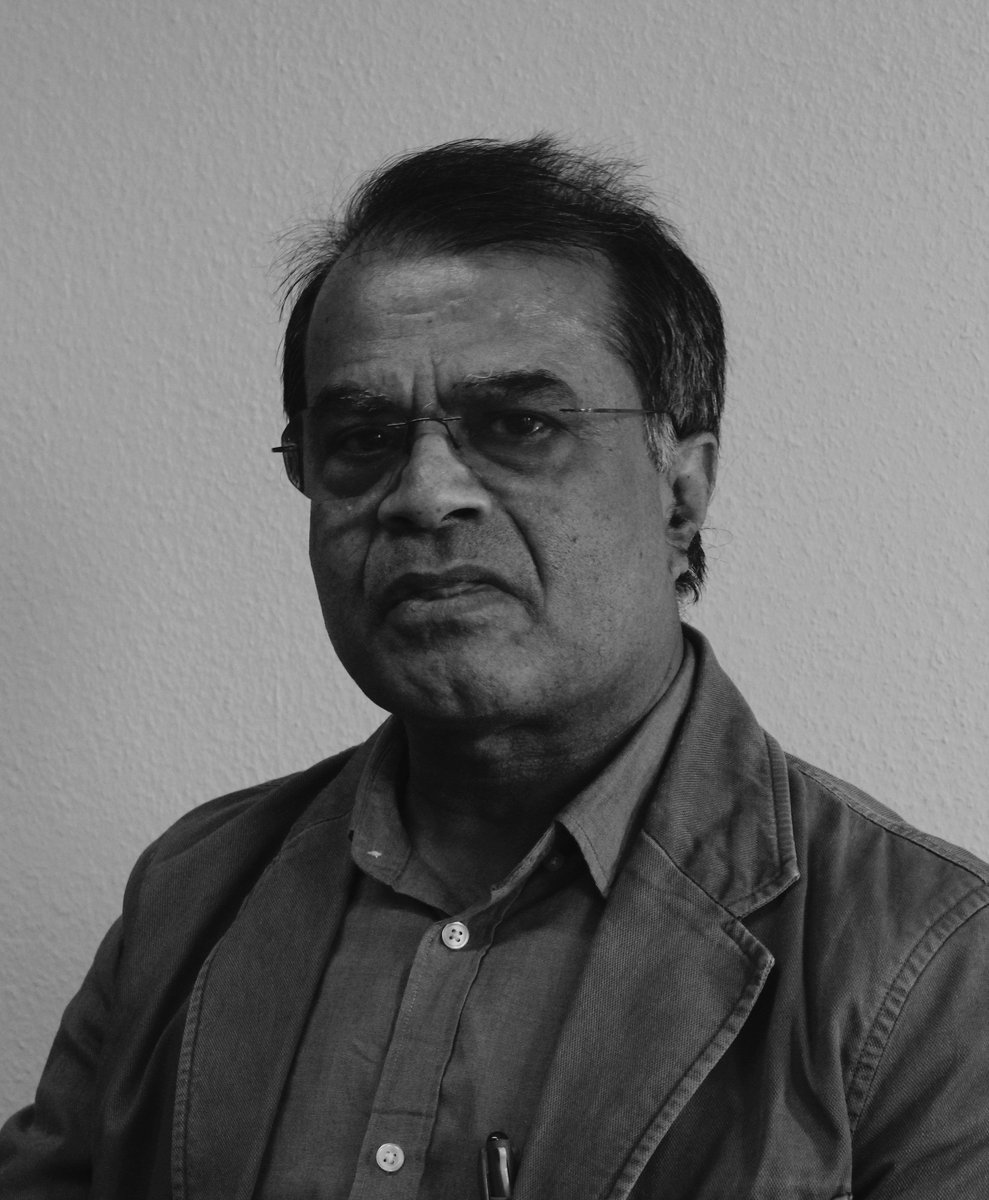
Localisation has been a buzzword since the World Humanitarian Summit in 2016 and related Grand Bargain. With COAST Trust being a local organisation and therefore directly concerned by the localisation agenda, do you think your recent certification will have a positive impact on trust and recognition from donors and other stakeholders?
Reza: “I am very confident that this time the agenda of equitable partnership will not die.
We are not in 2007 anymore but in 2018, we have a background of the Grand Bargain, its 51 indicators and different work streams. For the first time coordination has been integrated. But coordination comes with cost reduction and here is an issue. What does it help to be efficient if too much money is spent? The signatories of the Grand Bargain have to strive for a continuous reduction of cost and COAST is building cases in the Rohingya response. We are closely engaged with the UN and iNGOs and we said “no, this is not sustainable.” We are not blaming anyone but we want to tackle the cost reduction.
Certification is not recognised by all donors. This is a challenge and we have asked HQAI to popularise this and we will do the same in Bangladesh with an aggressive advocacy strategy in favour of independent quality assurance. Because certification gives the donor assurance of accountability and acceptability among others. It took three years to prepare the CHS certification of COAST Trust although we already had two certificates (by HAP, editor’s note). This is because the CHS is broader and HQAI is doing a very robust assessment. We took the time to do a self-assessment and improve our policies before the external audit.
So, I believe the process gives a goal to local organisations for improvement. And the donor will build confidence and trust. From there, getting funding is a matter of individual negotiations. By accepting money from different donors we also obtain their ownership and ownership is crucial. They have the money! I do not think that shifting of the power is possible, it is sharing of the power, this is critical.”
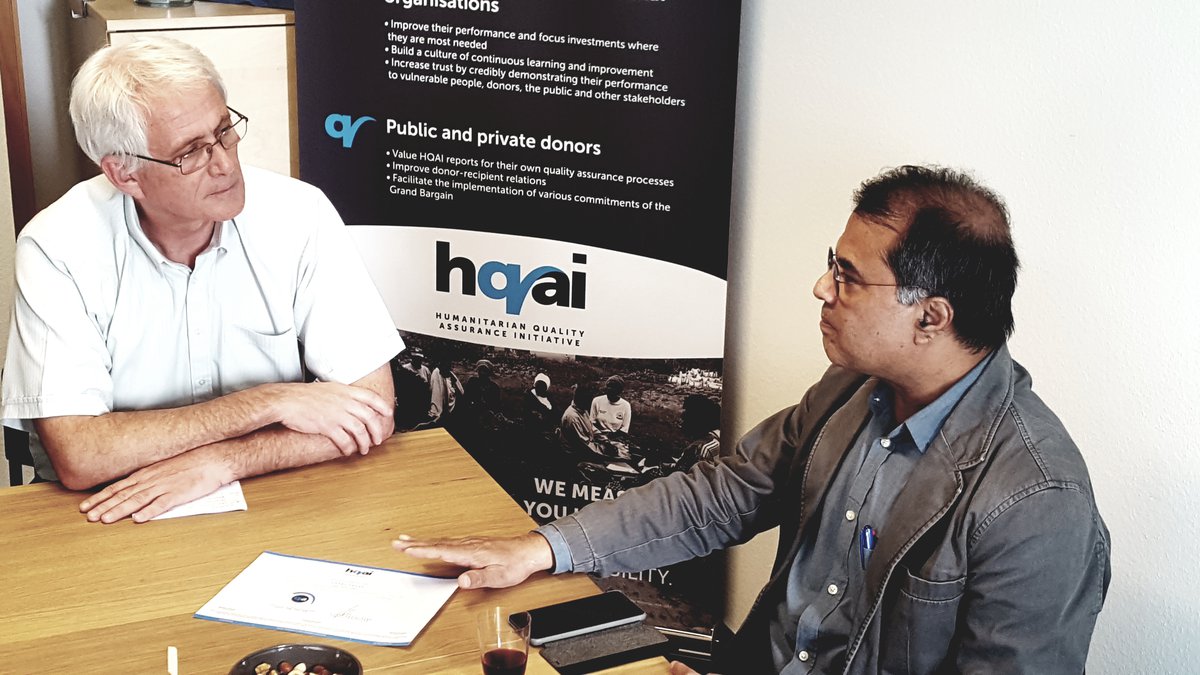
The audit report as well as the regular feedback from HQAI auditors contain objective feedback and highlight areas where COAST Trust can improve its performance. How will COAST Trust tackle these and ensure that certification is maintained?
Reza: “We are reviewing the audit report, they have some proposal in this regard, especially we have concern on strengthening PSEA (preventing sexual exploitation and abuse), monitoring and documentation and analysis of complains. As because of wider mobile phone penetration, we have a lot of complain come through mobile phones, and actions also being happened through mobile phones, then there are hardly any documentation of complain and responses. We will try to have some sort of documentation and analysis thereby in this regard.”
COAST Trust has a very good result in CHS Commitment 6 “Humanitarian response is coordinated and complementary.” The certification report underlines COAST Trust’s strength of “coordination and provision of complementary services to those offered by national and local government bodies and other NGO’s.”
What is your recipe at COAST Trust to ensure that no work is duplicated but still all needs are met?
Reza: “Since the beginning we maintain accountable relation with local government and we also very much proactive in inclusive coordination with all other actors. In fact which result little of duplication of resources and ensuring quality of services. These have been happened as because of our leadership initiatives and proactive transparency. “
COAST Trust benefits from an HQAI subsidy. How strategic was this fund in your decision to undergo certification?
“Our certification would simply not have been possible without the subsidy. 80% of the cost of our certification have been subsidised by the fund.”
What would be your message to other national and local organisations?
“The certification is a recognition and an encouragement. But is not a license to do whatever you want.
HQAI is a watchdog and a partner alike. I have been in contact with HQAI over three years now and they are professional auditors who have to be severe on certain things. We have learned from the Oxfam scandal that a watchdog - others may call it ombudsman - can have an impact and I appreciate that my beneficiaries do have direct access to HQAI and can express themselves.
Bangladesh is not a society of one driver, it is a society of multiple drivers. We have a boom of civil society, NGOs. etc, this is what I call a multi-driver society. And it is very interesting what I hear from HQAI: small NGOs can form consortia to apply as a group.”
HQAI would like to express its profound gratitude to Executive Director of COAST Trust, Rezaul Karim Chowdhury for sharing their experience with us.
Interview conducted by Désirée Walter, Head of Marketing & Communication at HQAI.
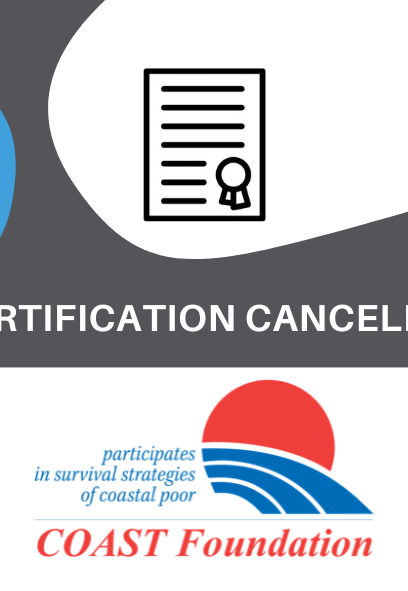
Coast Trust
Explore Coast Trust's profile and latest audit report
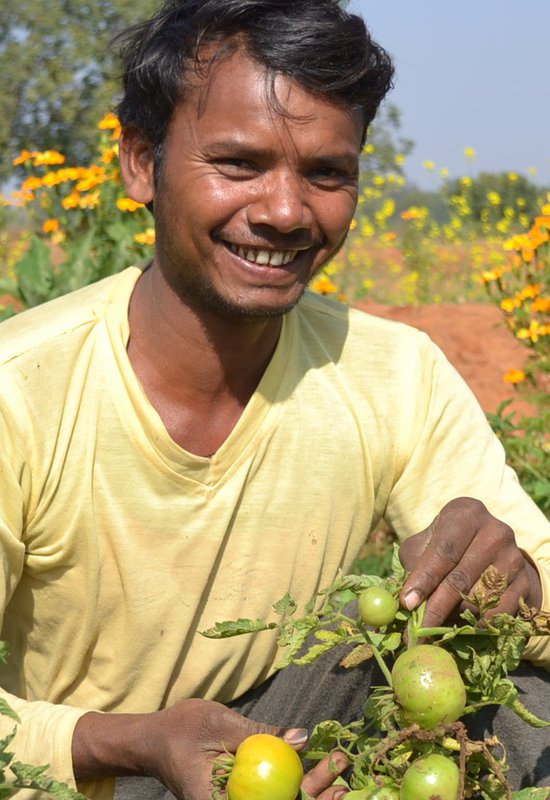
Subsidy Fund
For small and national organisations the costs of an audit could be a barrier. HQAI's subsidy fund can cover up to 90% of the cost of an audit.
From 2017-2019 HQAI’s Subsidy Fund has granted 300’000 CHF to 10 national organisations.
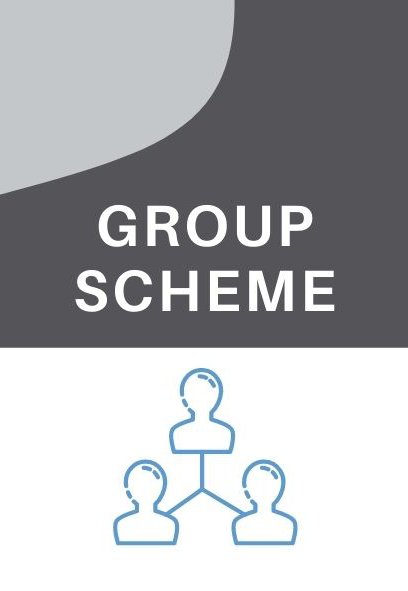
Group scheme
The Group scheme allows for several organisations to apply collectively - as a Group - for our services and share the costs of the audit.
The Group scheme is very flexible and ideal for existing networks and alliances, but also for independent organisations that work together in one conext (e.g. country, region, cluster).
Category